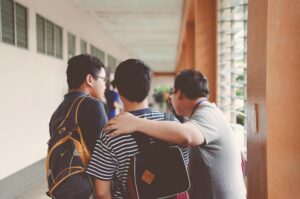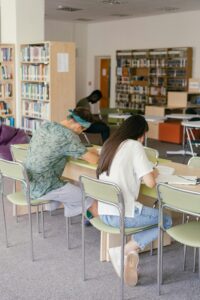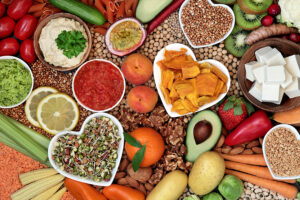This interview refers to the Boroume at School project which can be found in our Good Practices section.
GOOD PRACTICE OVERVIEW, CHALLENGES AND OPPORTUNITIES
What did you like the most about this practice?
Most of the students already implemented some of the practices to their homes. For example, they told me that they had in their home different bins, one for recycling and one regular. However, they always seemed excited when we were doing activities at school.
What did you like the least about this practice?
The key problem still is that we are not able to track the impact of those practices and be sure that children and parents are implementing those practices at their everyday life.
Do you think your understanding of Food Literacy and sustainable food systems has been improved after implementing this practice?
Implementing these practices in school is highly beneficial because they can help students in their everyday lives too. Many times, we observed children wasting their food during lunch breaks, but we have noticed a reduction. In the past, we saw these kids wasting their food without concern for the environment, but now it’s different; now, kids are aware of the impact.
Have you made any changes to your diet yet after implementing this practice?
A few yes.
And also, I observed tor my students, who are also recipients of the programme “Mporoume at School”, that the most inspiring aspect of the it was that I found out that they started wondering about their food and their food waste.
Do you have any ideas, how can sustainable food systems be promoted among young people/children?
I tried to improve it with small walks in the small forest opposite the school and let the children observe the landscape of it freely. There they found out that other students/people often threw a lot of rubbish which we all picked up together, in the end.
Therefore, I would say that the experimental learning aspect is very important in the learning process for young people and children.







